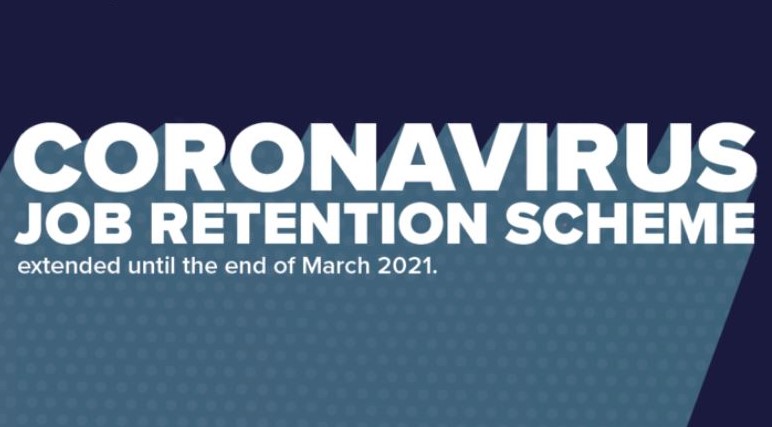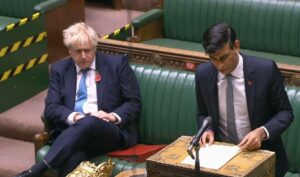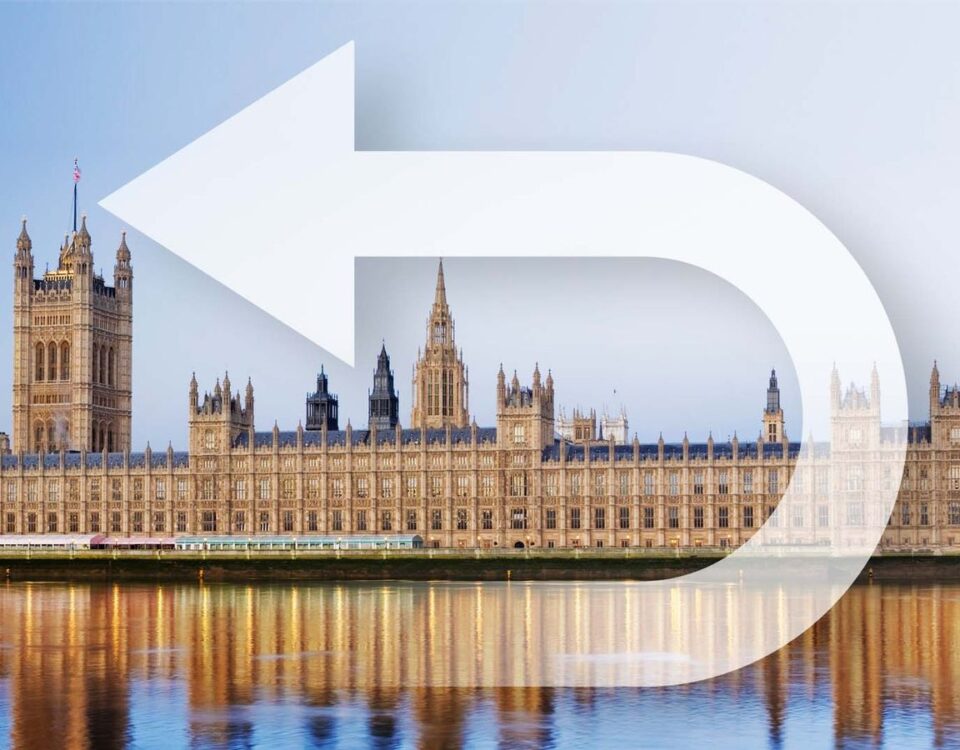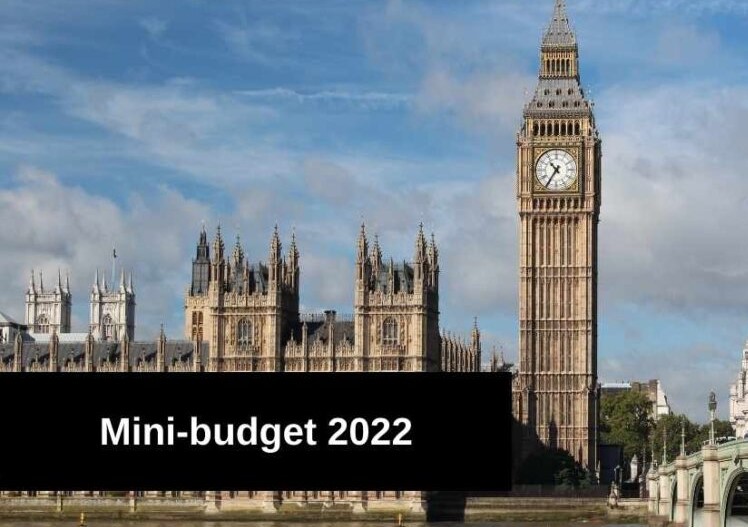Coronavirus Job Retention Scheme has been Extension to 31st March 2021

Extension to the Furlough Scheme
 The UK Chancellor recently announced that the Coronavirus job retention scheme (CJRS), also known as the Furlough Scheme will be extended until the end of March 2021 for all of the UK. The Government will pay 80% of workers’ monthly wages for furloughed staff while they are unable to work due to the coronavirus restrictions. Employers will only need to pay the cost of pension and national insurance contributions. These changes give businesses significant reassurance over an uncertain winter.
The UK Chancellor recently announced that the Coronavirus job retention scheme (CJRS), also known as the Furlough Scheme will be extended until the end of March 2021 for all of the UK. The Government will pay 80% of workers’ monthly wages for furloughed staff while they are unable to work due to the coronavirus restrictions. Employers will only need to pay the cost of pension and national insurance contributions. These changes give businesses significant reassurance over an uncertain winter.
This move was needed because of the economic situation caused by the Covid-19 pandemic, which resulted into a four-week lockdown from 5th November 2020.
Job Retention Bonus
The £1,000 payment from the UK Government to firms for retaining furloughed staff until the end of January 2021 will now be scrapped because of the extension to the Coronavirus Job Retention Scheme (Furlough Scheme).
Who is Eligible?
Employers small or large, charitable or non-profit, are eligible for the extended Job Retention Scheme. Businesses will have flexibility to bring furloughed employees back to work on a part time basis or furlough them full-time, and will only be asked to cover National Insurance and employer pension contributions which, for the average claim, accounts for just 5% of total employment costs.
Employers
- All employers with a UK bank account and UK PAYE schemes can claim the grant. Neither the employer nor the employee needs to have previously used the CJRS.
- The government expects that publicly funded organisations will not use the scheme, as has already been the case for CJ
 RS, but partially publicly funded organisations may be eligible where their private revenues have been disrupted. All other eligibility requirements apply to these employers.
RS, but partially publicly funded organisations may be eligible where their private revenues have been disrupted. All other eligibility requirements apply to these employers.
Employees
- To be eligible to claim under this extension, employees must be on an employer’s PAYE payroll by 23:59 30th October 2020. This means a Real Time Information (RTI) submission notifying payment for that employee to HMRC must have been made on or before 30th October 2020 (as under the current CJRS rules).
- Employees can be on any type of contract. Employers will be able to agree any working arrangements with employees.
- Employers can claim the grant for the hours their employees are not working, calculated by reference to their usual hours worked in a claim period. Such calculations will broadly follow the same methodology as currently under the CJRS.
- When claiming the CJRS grant for furloughed hours, employers will need to report and claim for a minimum period of 7 consecutive calendar days.
- Employers will need to report hours worked and the usual hours an employee would be expected to work in a claim period.
- For worked hours, employees will be paid by their employer subject to their employment contract and employers will be responsible for paying the tax and NICs due on those amounts.
What if an Employee was made redundant at the end of October due to the CJRS Ending?
 One of the key problems with the recent announcement is that some employees will have already been made redundant at the end of October due the Job Retention Scheme ending on 31st October 2020. Announcing the extension of the furlough scheme in November would therefore, already be too late for those employees that were made redundant in October 2020.
One of the key problems with the recent announcement is that some employees will have already been made redundant at the end of October due the Job Retention Scheme ending on 31st October 2020. Announcing the extension of the furlough scheme in November would therefore, already be too late for those employees that were made redundant in October 2020.
Due to this late timing of the Government’s announced, employees who were made redundant at the end of October 2020 that were employed by the company before the 23rd September 2020, can be re-instated (i.e added back to the company’s payroll) then put on furlough until March 2021. The decision as to whether an employee would be added back to a company’s payroll is down to the company.
Business Grants
Businesses required to close in England due to local or national restrictions will be eligible for the following:
- For properties with a rateable value of £15k or under, grants to be £1,334 per month, or £667 per two weeks;
- For properties with a rateable value of between £15k-£51k grants to be £2,000 per month, or £1,000 per two weeks;
- For properties with a rateable value of £51k or over grants to be £3,000 per month, or £1,500 per two weeks.
Mortgage Holidays
Mortgage payment holidays that was due to end on 31st October 2020 has also been extended. Borrowers who have been impacted by coronavirus and have not yet had a mortgage payment holiday will be entitled to a six month holiday, and those that have already started a mortgage payment holiday will be able to top up to six months without this being recorded on their credit file.
For more information and advice contact Mico Edward Accountants today: info@micoedward.com



